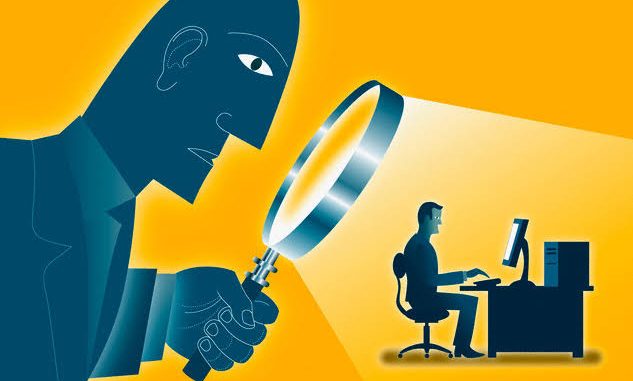
In today’s digital era, the popularity of the internet and various social media platforms has brought huge convenience to our lives, but at the same time, it seems that the security of our personal privacy has also received serious challenges. Imagining whether you have ever experienced such a scene: when you and your friends often talk about an idol, and then you lie in bed at night and open social media platform and find that the idol you have never searched before appears on the top of it. Or have you ever wondered what the review standards of various social media platforms actually are? Maybe some of the content you post is alerted to violations after being reviewed by the platform because of unknown reasons, while others who post similar contents have a lot of likes and follows.
In this blog, I will analyze the definitions and importance of privacy, security and digital rights, how platforms become “dictators”, who should be responsible for our digital security and what we should do in the future. In addition, there are also some cases related to the topic.
So! if you are interested in this topic and above problems, I don’t think you’ll be disappointed!
Privacy, security and digital rights
In this section, I will introduce the definitions of privacy, security and digital rights briefly so that you can understand them easily.
——what are privacy, security and digital rights
Digital privacy. It refers to an individual’s right and ability to decide how their personal information is collected, used and shared in the digital world (IEEE. n.d.).
Digital security. It is any activity designed to protect the availability and integrity of your network and data (CISNO. n.d.).
Digital rights. It is closely linked to freedom of expression and privacy, are those that allow people to access, use, create and publish digital media, as well as access and use computers, other electronic devices and communications networks (Iberdrola. n.d.).
——Why are privacy security and digital rights so important?
You may be a little bored with the technical terms above, now I will introduce the importance of privacy, security and digital rights to you in plain language.
Internet and social media platforms play important roles in our daily lives, we can hardly exist without them. Whether we are looking for some information or for recreation, they seem to be an excellent assistant to us. At the same time, however, the large digital platform companies have almost formed a monopoly, their scales and influences are expanding, which also means that they have advanced technologies, the collection and analysis of our personal data has reached an unprecedented scale, so, if these personal data is leaked and misused, it will have very serious impacts on our lives such as financial damage or even personal injury.
What’s more, in today’s society, digital rights are our basic human rights. Internet and social media platforms are the main ways for us to express our opinions. One easy example is digital rights ensure our freedom of expression when it is legal. So it is not just about technology, it is also a big deal to ensure our basic human rights.
How did platforms become “digital dictators”——media oligarchies
——Digital dictator
Nowadays, when we visit many websites, we need to click to agree to the user terms before we continue to access the following content. So we often fall into a “privacy paradox”, on the one hand, we may worry about whether our personal privacy will be misused by the platform, on the other hand, in order to access the following content, we must click to agree. So when we click to agree is equivalent to giving up the right. The platforms are set up the “overlord clause” undoubtedly.
In addition, some platforms today seem to have absolute rights, their rule-making process is not transparent, which leads to the inconsistency of the review standard, I don’t know if you remember the case at the beginning of this blog, some people posted content that was deleted by the platforms after reviewing it, but others posting similar content got a lot of likes and follows. There is a typical case that Rupi Kaur posted a photo of her post-menstrual clothes and bed to Instagram, however, the platform decided that the content was controversial and removed it twice before being challenged by her. Eventually, Instagram platform apologized to her, but their reason was that “we deleted the content by mistake”. While Instagram was criticized for their behaviours, Rupi also received a lot of negative comments about the photo.

——Digital dictator and media oligarchy
Now I want to talk about the connection between digital dictator and media oligarchy.
Nowadays, many large digital platforms such as Facebook, Twitter play important roles in political communication and process, thus creating a digital oligarchy. And these platforms also use digital algorithms to influence the political process, such as for some relevant purposes, they amplify inflammatory and extreme content in order to influence audience.
At the same time, political leadership has become increasingly dependent on social media platforms, with many celebrities such as Donald Trump using them to convey their ideas. Data shows that celebrities or leaders with their own social media platforms are more likely to be embraced by people.
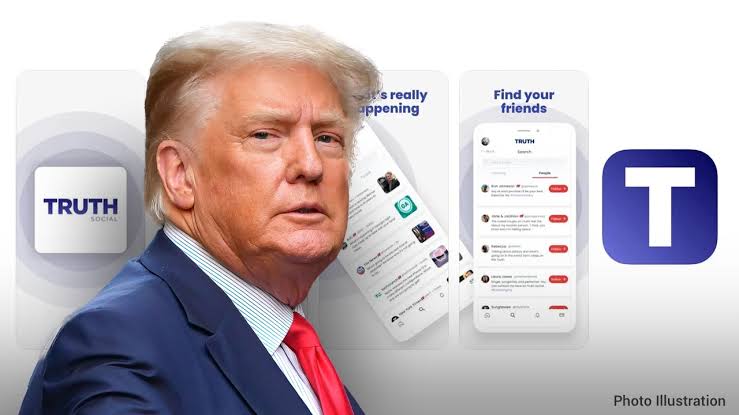
But all of these phenomena exacerbate the risks, because the centralization of these digital rights can weaken the voice of the majority of the people easily , or “double-standards” of the platforms can affect people’s trust in social media. At the same time, social media’s weak protection of individual users is not conducive to the security of the user’s privacy and the platform’s own development.
What are the impacts on our data privacy and security? ——From personal risks to national threats
In this section, I will use some cases from personal risks to national threats to let you know the consequences of weak data privacy and security.
I’m sure many of you have suffered from password leaks or accidental exposure to phishing sites.
On July 4, 2024, a massive password leak occurred on a dark web forum, which involved billions of user credentials. It was the largest data breach in 2024, which had serious consequences. For individuals, passwords have been leaked which means that their information may be misused. For example, the most common phenomenon in recent years is someone logging into your account to impersonate you to scam your friends or family. Or just to transfer money directly through your account, causing inevitable financial losses, or worse, affecting your personal safety.
When it comes to phishing, I don’t know whether you have received phishing messages, such as those that need you to click into to a certain website, but by the time you click into it, your password may have been stolen, resulting in uncontrollable consequences.
In 2016, Austrilia aerospace parts manufacturer FACC lost a lot of money in BEC scam. The organization used phishing, impersonated as the company’s CEO, directed one of the company’s accountants to transfer $61 million to a bank account under their control.
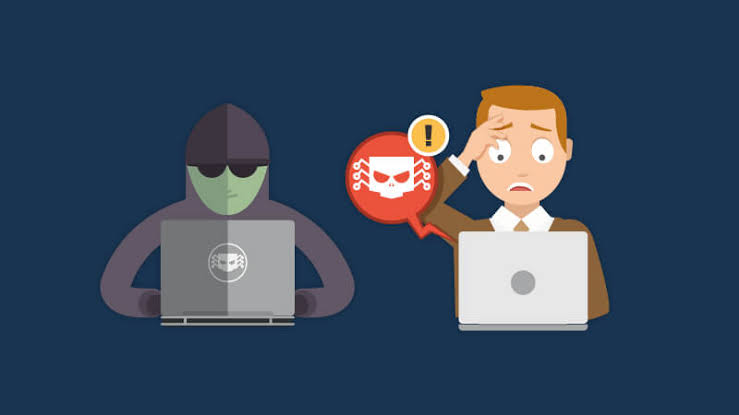
And after this case, Two FACC executives needed to pay $11 million and the reason was that they were lack of effective internal supervision. All of these incidents led to serious consequences and high costs.
Now let’s talk about the threat of data privacy for a country. A very typical incident: the “Ukrainian Hacking Power Outage“, hackers used software to break into the internet information systems of three Ukrainian energy companies and then cut power, leaving many Ukrainian consumers without power for at least one hour. This incident also proved to us that hackers can not only steal personal data, but also have the ability to affect the entire infrastructure of the country, which is also a wake-up call for us to protect the security of data and privacy.
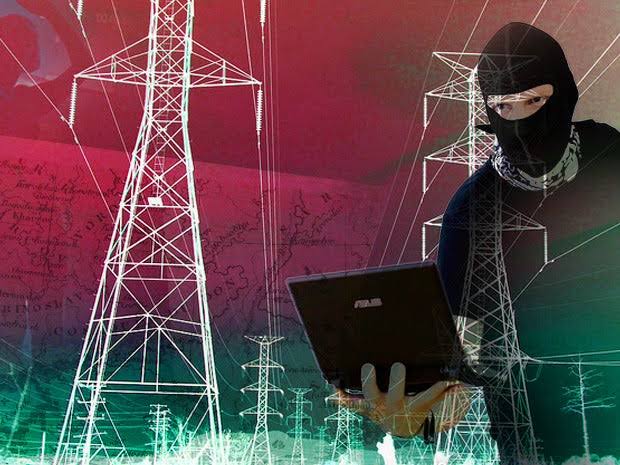
Who is responsible for privacy exposure and digital security issues?——What should we do?
In this section, I will analyze the responsibilities from three aspects: government, digital companies and social media platforms, individuals, and discuss what exactly each side should do.
Firstly, let’s talk about government responsibility. Country and the government have rights to make laws and regulations. So government should make relevant data protection regulations to ensure that companies are collecting personal data in a reasonable and legal limit, there are some examples: General Data Protection Regulation enacted by the European Union, Consumer Privacy Act enacted by the United States and Personal Information Protection Law enacted by China. The government needs to play a balancing role between companies, platforms and individuals, on the one hand, regulating companies and platforms, guarantees that personal data will not be leaked and imposes relevant penalties appropriately, on the other hand, urging citizens to pay attention to their digital privacy and security.
Secondly, digital companies and social media platforms. The primary responsibility of them is to protect users’ data security. While complying with laws and regulations, enterprises should continue to strengthen their privacy protection systems to ensure that users’ private data are not misused. Additionally, they should formulate relevant pre-planning systems to deal with information leakage. A typical case here is that in 2013 and 2014, Yahoo suffered two serious data breaches, with more than 3 billion accounts and information stolen by hackers, resulting in serious consequences. What’s more, social media platforms should make a consistent review standard to monitor users’ contents, while at the same time need to make it clear to users what data the platforms actually use and give them the right to their privacy settings.
Finally, individuals. Based on past cases, the most important thing to remember is to avoid using the same password too often when registering for websites and software, and to avoid using simple passwords such as name or birthday. At the same time, we should avoid exposing too much personal information on social media. It is also very important not to click into unfamiliar links randomly to prevent information and data from being stolen.
A recent relevant case——The Biggest Healthcare Data Breaches of 2024
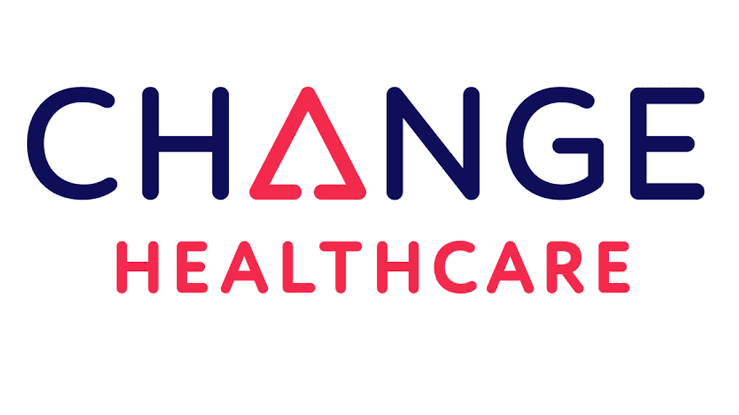
In this section, I will analyze a typical case of privacy, security and digital rights to let you have a better understanding on the topic of this blog.
In February 2024, U.S. health technology company Change Healthcare suffered a serious data attack, which was also the largest medical data breach in U.S. history. Affecting at least 190 million people in the country. On the afternoon of that day, the company’s website’s various operations were suspended and their first emergency response was to close the entire network in order to isolate the intruders, but uncontrollable damage was still done.
What’s worse, Change Healthcare processes billing and insurance for many hospitals and pharmacies in the US health insurance industry, which means it collects a large amount of highly sensitive medical data of patients. The result was that Change Healthcare paid the ransom gang $22 million and then intruders disappeared. Additionally this incident caused the systems of several partner hospitals across the United States to go down and some of the patients’ medical data has been leaked in the dark web.
To some extent, this incident reflects the company’s shortage in protecting private data and under investment in related technologies. The relevant data security regulations also have certain limitations.
So, with so many healthcare data security incidents occurring, what can we do?
Firstly, governments need to make regulations to raise the cost of mistakes, and penalize those who leak information.
Secondly, companies should increase their budgets for confidentiality investments. They should hire professionals to fix problems with their websites and deploy AI technology tools to detect anomalies 24/7, so that problems can be fixed as soon as possible.
It is also important to promote transnational cooperation. Working with countries to crack down on dark web is very important.
Finally, individuals should also pay attention to their own digital privacy and security. For example, do not disclose passwords to people you do not know, do not use same password on multiple platforms, and regularly check whether your account is normal.
To summarize, privacy, security and digital rights need to be taken seriously, and only with the cooperation of all parts can we build a bright future!
References:
Flew.T. (2021). Regulating platforms. CambridgeUKPolity.
Suzor. N.P. (2019). Lawless: The Secret Rules That Govern Our Digital Lives. Cambridge University Press.
Enterprise. (2025, January 30). The tradeoff between convenience and security in the digital age. https://enterprise.news/egypt/en/news/story/5760eecc-1fab-404c-8bff-a7e85c0395ae/the-tradeoff-between-convenience-and-security-in-the-digital-age
IEEE Digital Policy. (n.d.). Understanding Privacy in the Digital Age.
https://digitalprivacy.ieee.org/publications/topics/understanding-privacy-in-the-digital-age
IEEE Digital Policy. (n.d.). What Is Digital Privacy and Its Importance?
https://digitalprivacy.ieee.org/publications/topics/what-is-digital-privacy-and-its-importance
CISCO. (n.d.).What Is Network Security?
https://www.cisco.com/c/en_au/products/security/what-is-network-security.html
OVIC. (n.d.). The importance of privacy.
Raquel. J.R.(2020, July 20). Digital rights: a necessary, yet not sufficient framework. elcano.
Villaplana. F. R., & Fitzpatrick, J.(2024, December 18). Digital leaders: political leadership in the digital age. frontiers.
https://www.frontiersin.org/journals/political-science/articles/10.3389/fpos.2024.1425966/full
Metomic. (2025, February 25). Data Leaks: The Biggest Risks, Consequences, Causes & How to Prevent Them.
https://www.metomic.io/resource-centre/what-are-the-biggest-risks-of-data-leaks
Steve. H. (2015, April 4). Instagram period photo: Woman who took it says she wasn’t being ‘provocative’.
https://www.bbc.com/news/newsbeat-32105388
Arete. (2024, July 22). Largest Data Breach of All Time (So Far).
https://areteir.com/article/dark-web-password-dump-security-breach-alert
CHECK POINT. (n.d.). The 5 Most Expensive Phishing Scams of all Time.
Steve. A.(2025. March 19). The Biggest Healthcare Data Breaches of 2024. THE HIPAA JOURNAL.
https://www.hipaajournal.com/biggest-healthcare-data-breaches-2024
Iberdrola.(n.d.). Digital rights, essential in the Internet age.
https://www.iberdrola.com/innovation/what-are-digital-rights
imperva.(n.d.).Phishing attacks.
https://www.imperva.com/learn/application-security/phishing-attack-scam

Be the first to comment